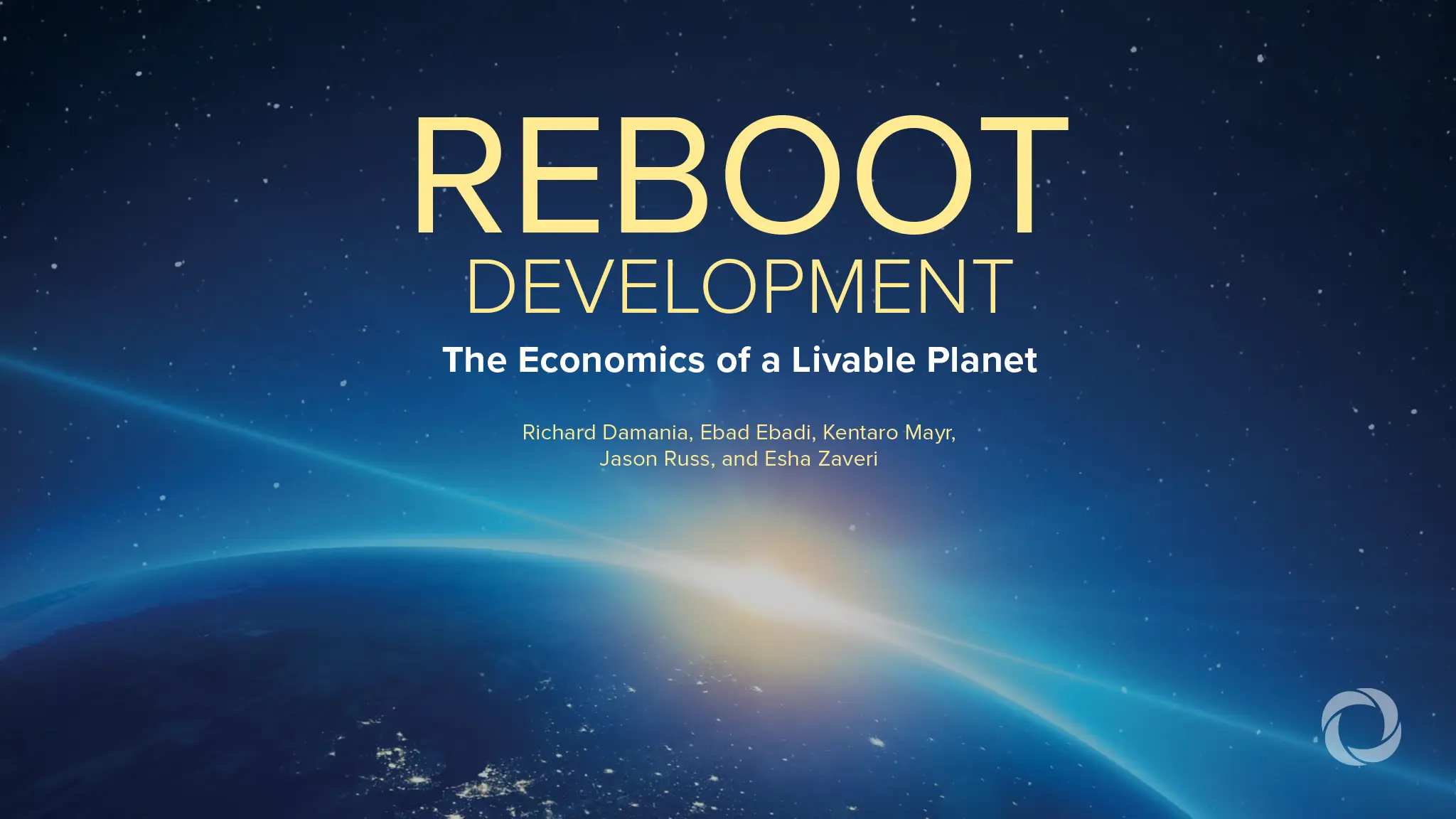Ninety percent of the world’s population lives with degraded land, dirty air, or water shortages, but restoring natural systems can create jobs and boost economic growth, according to a new World Bank report.
The report “Reboot Development: The Economics of a Livable Planet” found that in low-income countries, eight out of ten people lack access to all three basics – clean air, water, and healthy land. This creates major barriers to economic growth and opportunity. The report shows that losing forests disrupts rainfall patterns, dries out soil, and makes droughts worse, costing billions of dollars. Overuse of nitrogen fertilizers creates a paradox where they boost crop yields but also harm ecosystems, costing up to $3.4 trillion annually.
Environmental damage doesn’t just hurt nature – it quietly undermines human health, productivity, and brain function, limiting what people can achieve. Air and water pollution cause hidden damage that reduces economic potential across entire populations. Poor environmental conditions trap communities in cycles of poverty and poor health.
But the report offers hope. Countries can use natural resources more efficiently and cut pollution by up to 50%. Better nitrogen fertilizer practices on farms deliver 25 times more benefits than they cost while increasing crop yields. Simple water treatment like chlorinating water at the point of use could save a quarter of children who die prematurely from water-related diseases. “Pollution markets” prove extremely cost-effective – every dollar spent yields between $26 and $215 in benefits.
“People and communities around the world are not just facing an environmental crisis, but an economic one. The good news is that solutions exist,” said World Bank Senior Managing Director Axel van Trotsenberg. Countries have shown they can grow their economies without further harming the environment when they make smart investments.
The report identifies three key areas for success: getting real-time data to help governments target problems, coordinating policies across different sectors, and regularly evaluating what works to keep programs on track and avoid unintended consequences.

